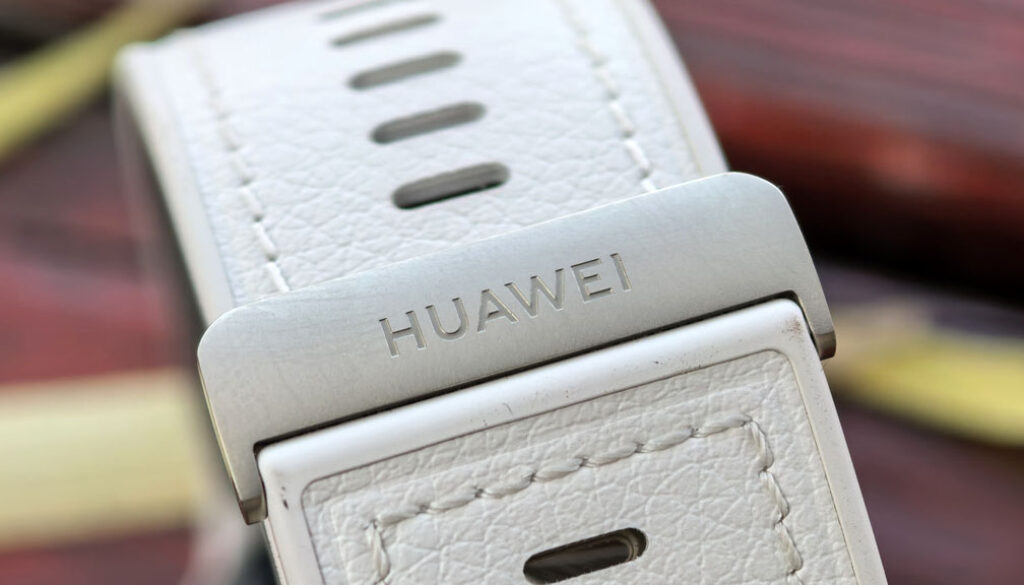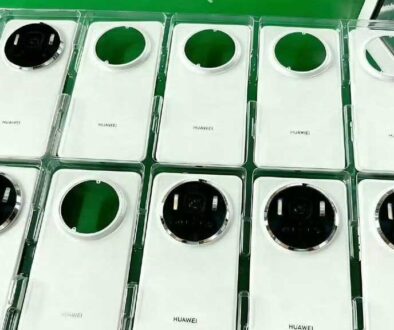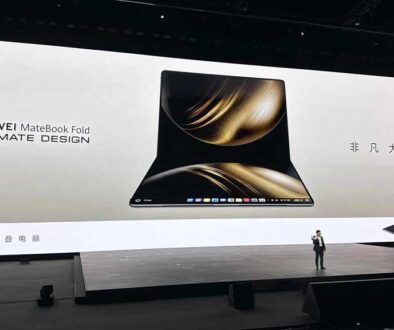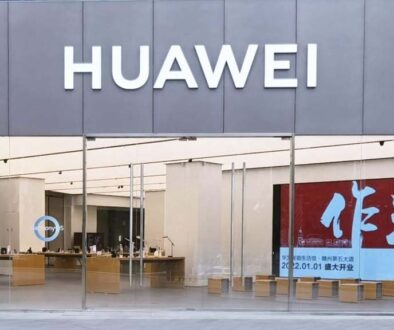Huawei reportedly classifies its smartwatches as medical devices.
Huawei is reportedly classifying its smartwatches as medical devices to boost sales. The company is leveraging medical-grade certifications to attract more consumers to its wearable lineup.
Huawei smartwatches come packed with advanced health features, but the company is taking an unconventional approach to increase their market appeal. One notable example is the Watch D2, launched in November last year in China. This wearable holds a Class II medical device registration, providing unique benefits to buyers.
Some Chinese consumers have discovered that the “medical-grade” classification allows them to purchase the Watch D2 using their medical insurance funds instead of paying out-of-pocket. This revelation quickly gained traction on social media, leading to a surge in demand. Many pharmacies in China have sold out of the device, with some locations reporting waiting lists of up to 20 days.
A pharmacy staff member in Shanghai mentioned that due to high demand, each customer is limited to one unit and must activate the device on-site. “The watches are currently unavailable. Buyers need an appointment, and over 500 people are in the queue,” the employee stated.
Following this, netizens have shared tips on how to use medical insurance funds to partially or fully cover the cost of the smartwatch. Some buyers view this as a discount opportunity, making the device more accessible.
China’s Medical Insurance Policy
Around 95% of China’s population receives a fixed amount of money each month under the national medical insurance program. These funds are typically used for purchasing medication or medical devices like blood pressure monitors. However, they cannot be used for general consumer purchases.
According to Bloomberg, Huawei’s decision to register the Watch D2 as a medical device has significantly boosted its wearable sales in China.
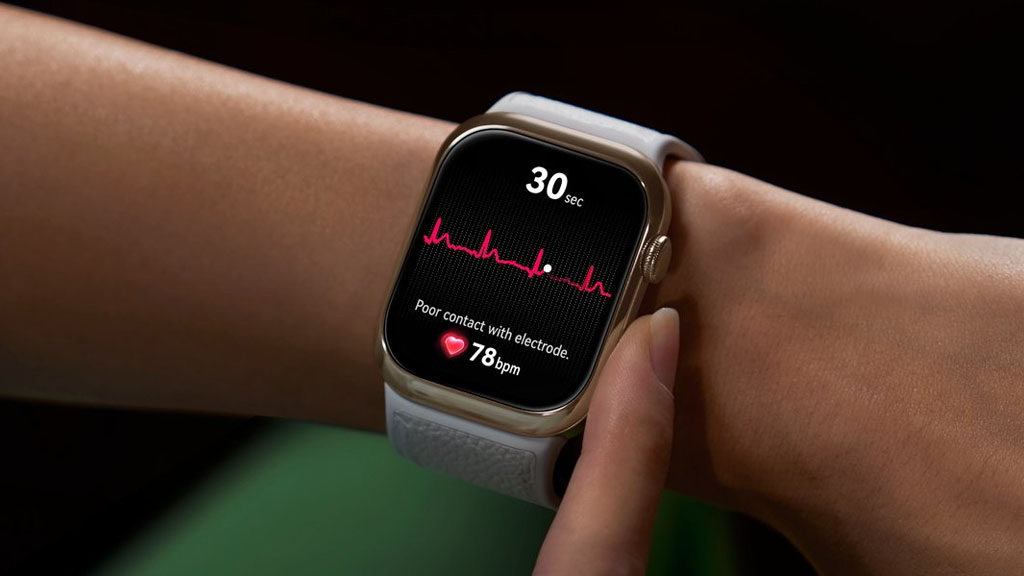
The Huawei Watch D2 integrates medical-grade features and services, powered by the advanced TruSense System. This technology meets medical standards, providing users with fast and accurate health reports for a more convenient experience.
Unlike Apple Watches, which are not classified as medical devices in China, Huawei has a competitive edge in the wearable market by offering specialized health-focused smartwatches.
However, some consumers have raised concerns about whether selling a multi-functional smartwatch under a medical device label is appropriate. There is a risk that other companies might exploit the “medical” tag to market their products.
In response, China’s Health Insurance Bureau has temporarily prohibited the purchase of such devices using medical insurance. Further regulatory actions on this matter may follow in the coming days.
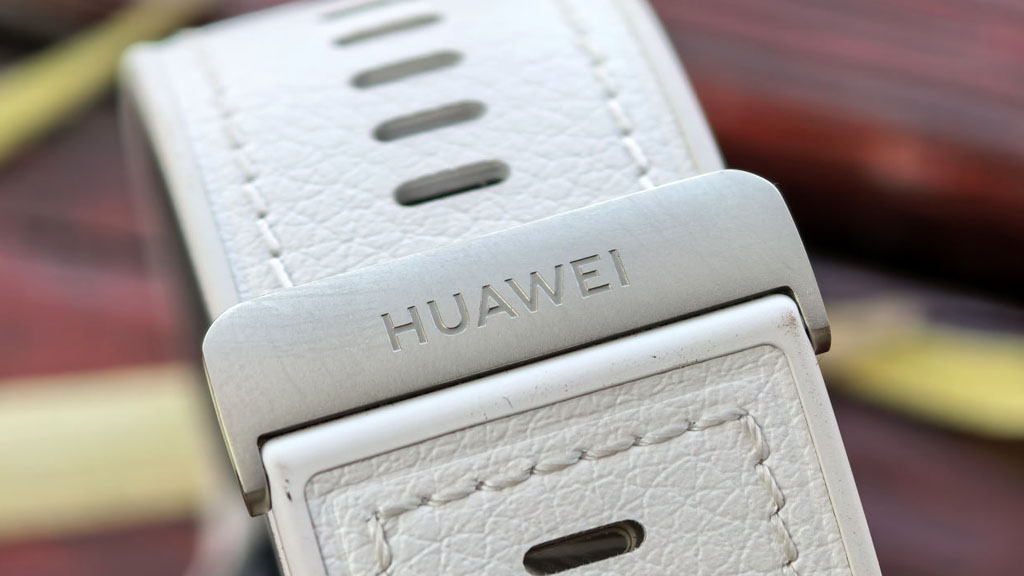
(source)
